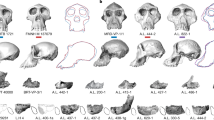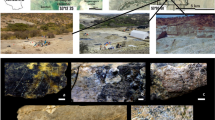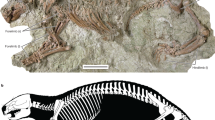Abstract
IN the spring of 1857, two and a half years before the “Origin of Species” was published., certain events occurred in London which compelled Huxley to apply himself to the scientific study of the human body. As a student of medicine he had learned the elements of human anatomy, but from the time he left the Medical School of Charing Cross Hospital in 1846 until 1854, when he obtained his first teaching appointment in the School of Mines, his investigations had been confined to the structure of invertebrate animals. At the School of Mines he very quickly saw that if he wished to share in the prevalent movement which was then interpreting the faunas of past geological periods, he had to become a master of vertebrate anatomy. He planned a campaign which would carry him from one end of the vertebrate kingdom to the other, and proceeded to carry it out with all the greater zest because he knew it must bring him into open conflict with the first anatomist of the time-Richard Owen.
This is a preview of subscription content, access via your institution
Access options
Subscribe to this journal
Receive 51 print issues and online access
$199.00 per year
only $3.90 per issue
Buy this article
- Purchase on Springer Link
- Instant access to full article PDF
Prices may be subject to local taxes which are calculated during checkout
Similar content being viewed by others
Rights and permissions
About this article
Cite this article
KEITH, A. Huxley as Anthropologist. Nature 115, 719–723 (1925). https://doi.org/10.1038/115719a0
Issue Date:
DOI: https://doi.org/10.1038/115719a0
Comments
By submitting a comment you agree to abide by our Terms and Community Guidelines. If you find something abusive or that does not comply with our terms or guidelines please flag it as inappropriate.



